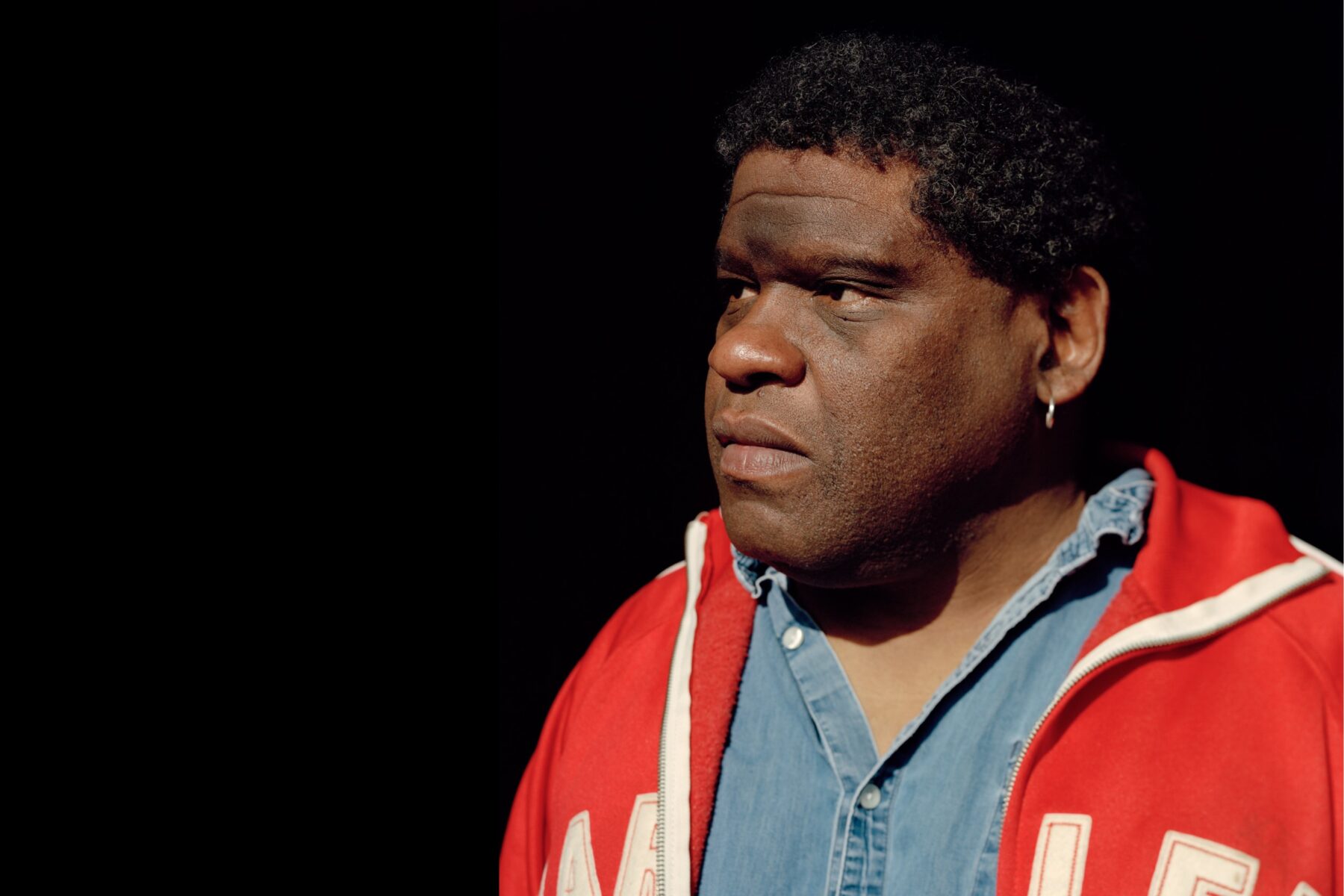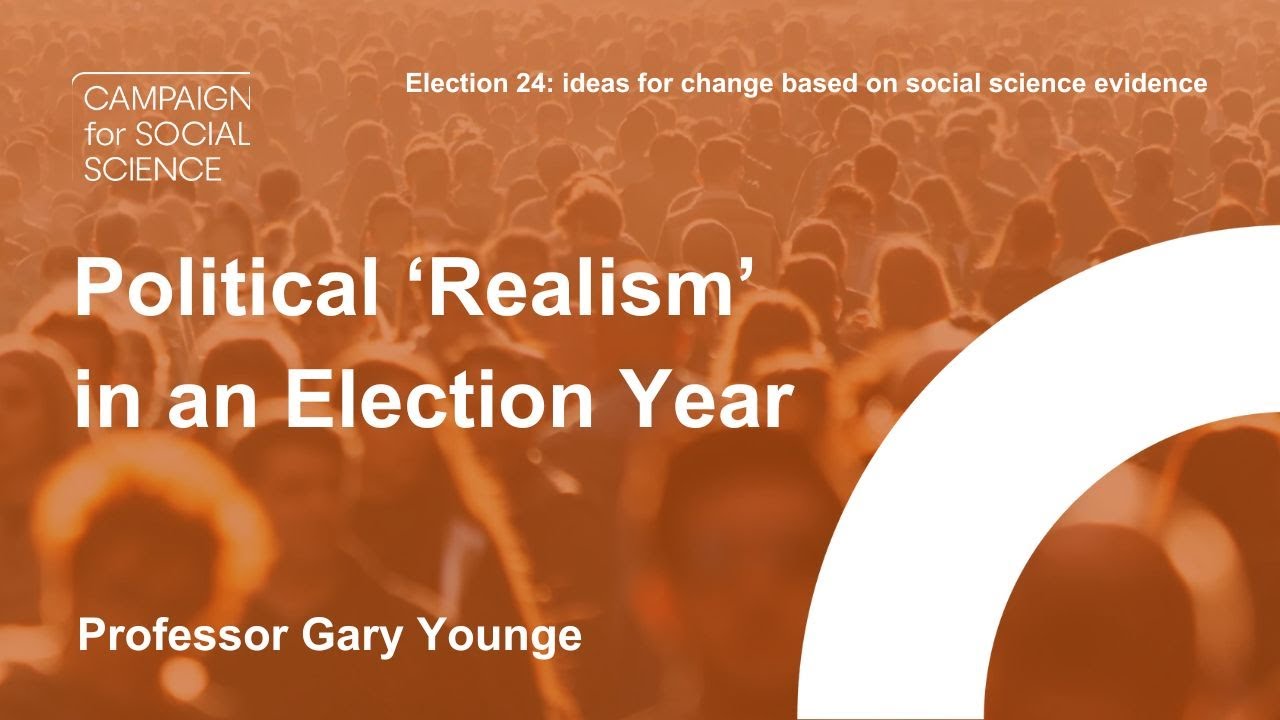In the Campaign for Social Science’s Annual Sage Lecture 2023, Professor Gary Younge FAcSS (author, broadcaster and Professor of Sociology, University of Manchester), explored Britain’s electoral culture through the lens of political ‘realism’.
With a UK general election looking highly likely to take place in 2024, Britain’s politicians have a number of urgent challenges to address, from the cost of living crisis and rising rents to an underfunded NHS and public infrastructure that is unfit for purpose.
But as Gary argued, he believes that the main political parties will fail to offer any tangible solutions to these problems, and that this is nothing new. He began his lecture drawing on a personal story and evidence to illustrate how, during the past 60 years, Britain’s main political parties have been divided on how to address key issues such as immigration, despite it being essential to the economy in the face of labour shortages. He said, “Since no main party wants to pay the electoral price for engaging with the issue [of immigration] honestly, the country has little understanding of what immigration is for, what drives it, or who benefits from it and why.”
Gary went on to explain why he’d decided to address the idea of political realism and why it is going to be a key factor in this coming election year. He argued that our current electoral system has an unspoken pretext that if a political party doesn’t get elected then they are unable to do anything meaningful and so it is better to say things that are likely to result in being elected, even if what is being said doesn’t relate to reality. As Gary pointed out, “The trouble is that, all too often, this electoral realism not only doesn’t relate to any kind of reality beyond that constructed by the electoral system, and the political and media classes that sustain it, but it actually contradicts it.”
Following this, Gary went on to discuss how current political, economic and environmental realities are at odds with our electoral culture, as can be seen through political parties backtracking on their environmental commitments, despite the impacts of the climate crisis being widely felt. He used the example of the extension of the Ultra Low Emission Zone (ULEZ) to explore how this was framed, by both the media and political parties, as a key factor in the Uxbridge and South Ruislip by election results earlier this year, and the resulting consensus that emerged between the two main parties about what was electorally realistic in regard to the environment, despite wildfires taking hold in Europe. Gary said, “The electoral reality that ostensibly forced the main parties to distance themselves from ULEZ in no way collided with the environmental reality that was raging elsewhere on the continent.”
Gary then turned his attention to the role of the media and explored how its coverage of elections – being focused not on what needs to change and how, but only on who will win – has led to further voter disillusionment and a greater divide between those in politics and the popular mood. He said, “An election year should see political debate align more closely with political reality, but sadly, we are once again seeing things go in the other direction.”
Reflecting on his lecture, Gary concluded, “We are about to embark on a year’s worth of polling, focus groups, manifestos, agendas, town halls, vox pops, special graphics, demographics, maps, target seats, target voters, swingometers, marginals, slogans, posters and commentary. It would be wonderful if all that energy was deployed in pursuit of a discussion that was substantial and relevant.”
Following his lecture, Professor Jane Green FAcSS (Professor of Political Science and British Politics, University of Oxford) drew on her own research into the relationship between cultural and economic drivers of political attitudes to respond to Gary’s points. She said, “In the 20 years that I have been doing research, I have seen a very significant shift in our trust in politicians, in our trust in political institutions, and the credibility with which they’re held. And what I fear is that, if we’re not careful, we risk being part of the problem.”
Furthermore, she highlighted how public attitudes towards the main parties and their ability to differentiate themselves in their approach to topical issues, risks undermining the good work being done by public servants. Finally, Jane ended her response on this thought, “I think we can all be part of addressing and understanding what the real concerns are, we can speak up for them, we can uphold the very best in journalism and in our political institutions, and voters do ultimately hold parties to account for the kinds of very problematic and hugely difficult context that Gary has outlined so eloquently.”
Watch the full lecture below.

